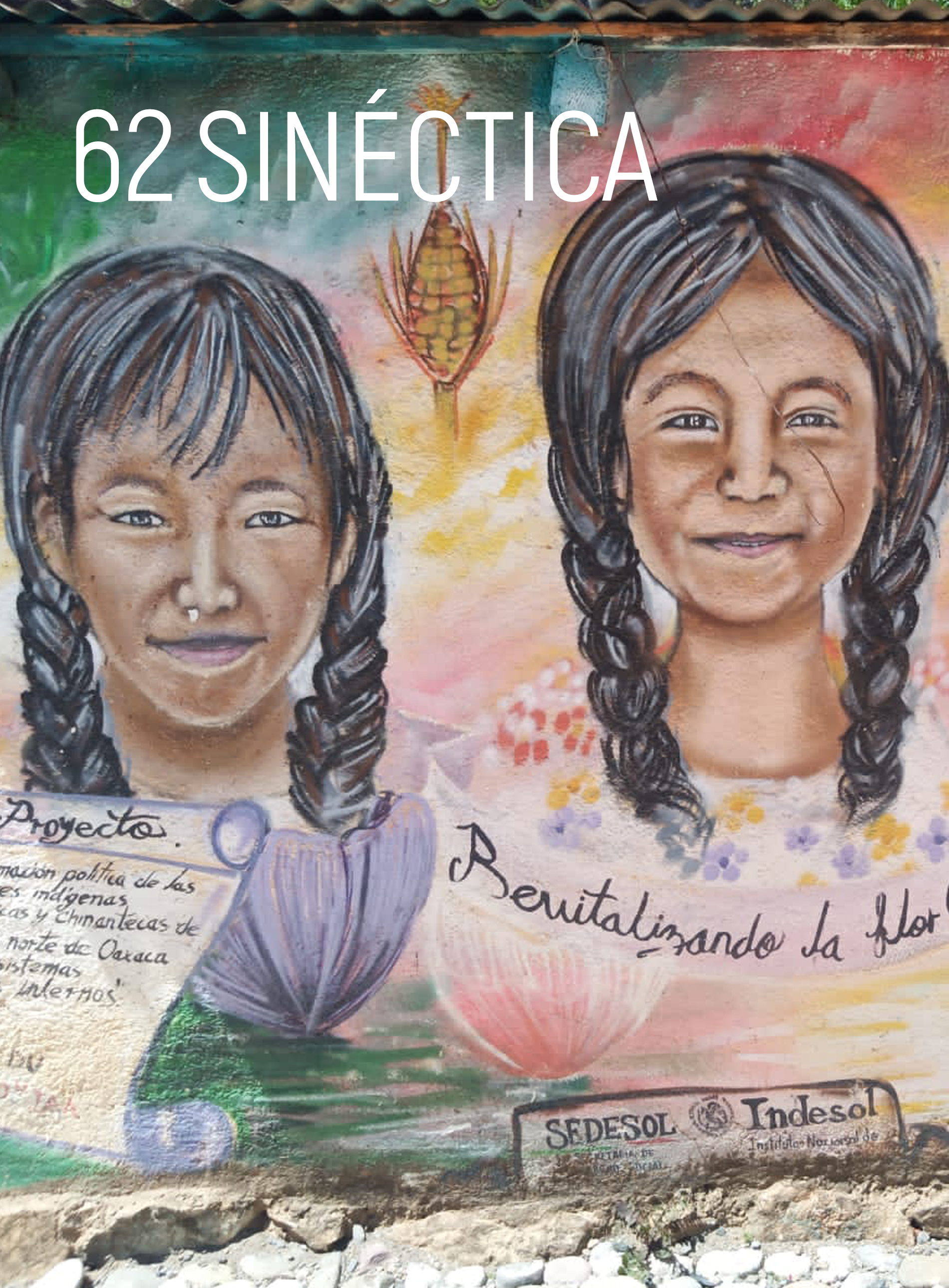Educación en Japón
Keywords:
educación, enseñanza, aprendizaje, metodologías, estudiantes, docentes, investigación educativa, evaluación, diseño curricular, políticas educativas, reformas educativas, exclusión, inclusión, diversidadAbstract
La formación escolar nos ofrece la posibilidad de conseguir un trabajo suficientemente remunerado y satisfactorio. Para las naciones una población con mayor escolaridad significa crecimiento económico y el desarrollo de valores compartidos que dan a la sociedad mayor cohesión. Idealmente las personas de todas las naciones debemos adquirir un mejor nivel de vida gracias a la educación. Sin embargo, la historia de cada nación da lugar a realidades distintas, no siempre favorables para la mayoría de la población. Por ejemplo hay un con- traste entre México y Japón en el área educativa.
Downloads
Downloads
Issue
Section
License
This work is licensed under a Creative Commons Attribution-NonCommercial 4.0 International license.
Authors who publish in Sinéctica agree to the following terms:
The authors retain copyright and grant the journal the right of first publication of the authorized work simultaneously under a Creative Commons Attribution License, which allows others to share the work as long as both the authorship of the work and the initial publication in this journal are acknowledged.
Authors may enter into additional separate contractual agreements for non-exclusive distribution of the published version of the journal (e.g., publishing in an institutional repository or a book), with acknowledgement of initial publication in this journal.
Authors are allowed to publish their work in institutional repositories or on their own website before and during the submission process, as it may generate productive exchanges, as well as earlier and greater citation of the published work.
Explanatory note: As of 2017 Sinéctica is governed by the Creative Commons Attribution Non-Commercial 3.0 International License, a version that standardizes licenses internationally.
Articles published between 1992 and 2016 are covered by a Creative Commons Attribution-NonCommercial-NoDerivatives 4.0 International license, which allows a work to be shared and distributed non-commercially and with acknowledgement of the author, but prohibits modification of the original creation.






















